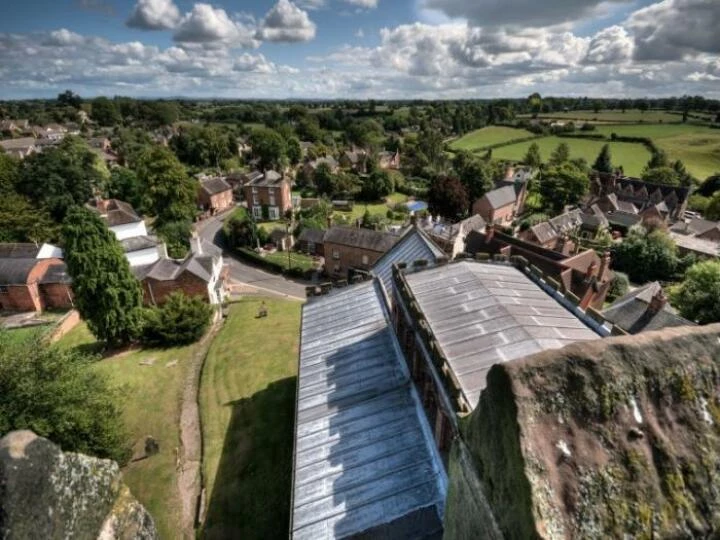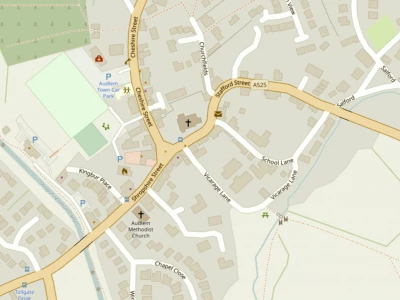
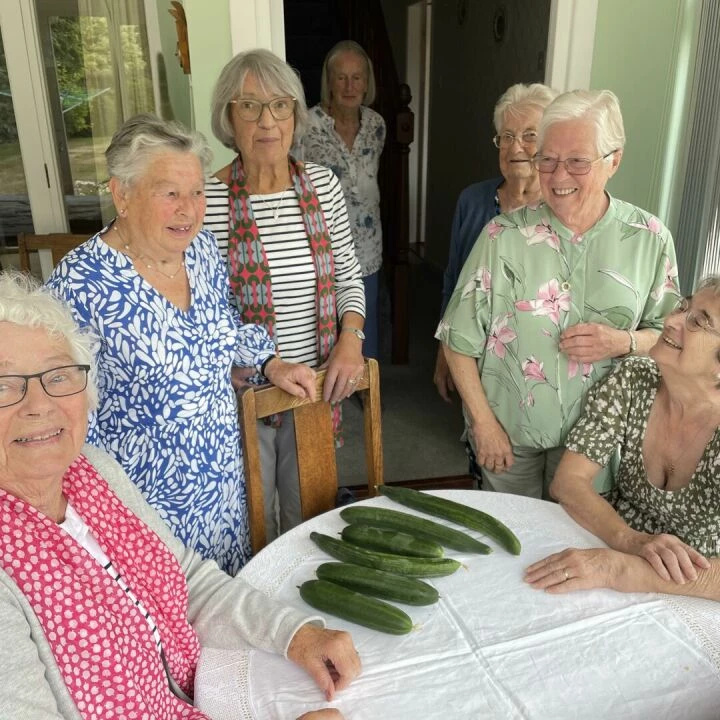


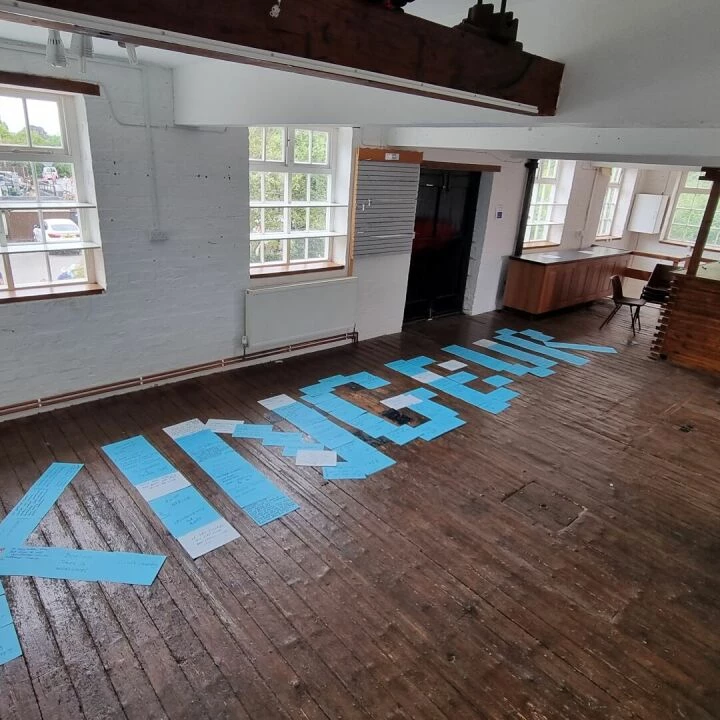
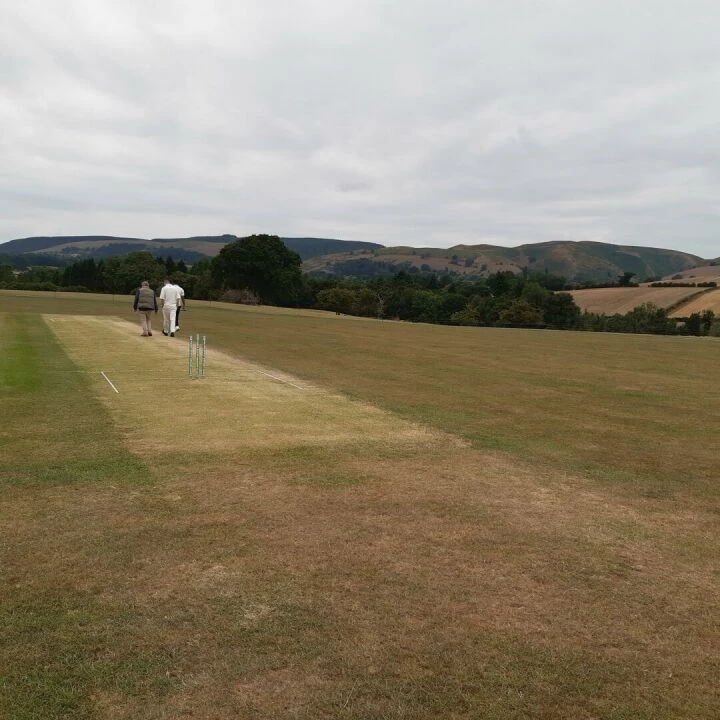

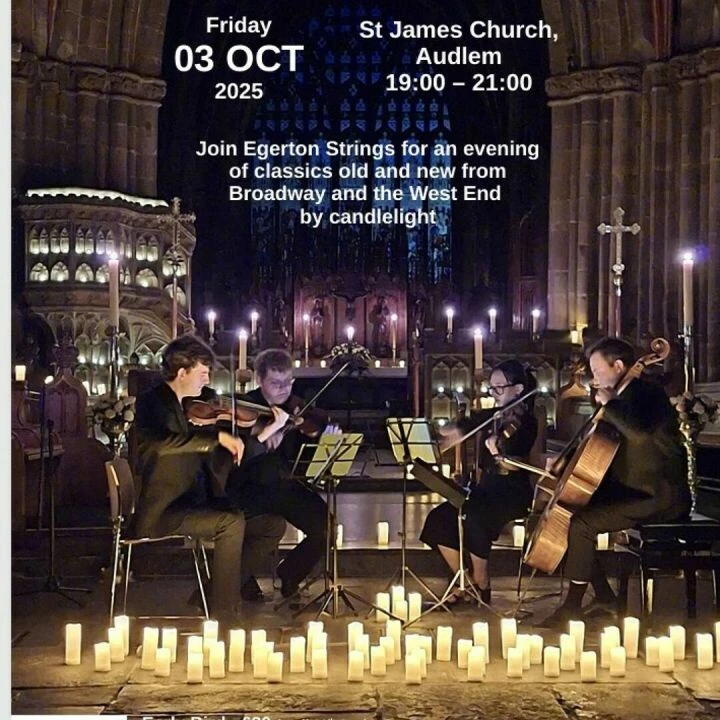
The Football Association (FA) is the governing body of association football in England and the Crown dependencies of Jersey, Guernsey, and the Isle of Man. Formed in 1863, it is the oldest football association in the world and is responsible for overseeing all aspects of the amateur and professional game in its territory.
The FA sanctions all competitive football matches within its remit at national level, and indirectly at local level through the county football associations. It runs numerous competitions, the most famous of which is the FA Cup. It is also responsible for appointing the management of the men's, women's, and youth national football teams.
The FA is a member of both UEFA and FIFA and holds a permanent seat on the International Football Association Board (IFAB) which is responsible for the Laws of the Game. As the first football association, it does not use the national name "English" in its title. The FA is based at Wembley Stadium, London. The FA is a member of the British Olympic Association, meaning that the FA has control over the men's and women's Great Britain Olympic football team.1
All of England's professional football teams are members of the Football Association. Although it does not run the day-to-day operations of the Premier League, it has veto power over the appointment of the League Chairman and Chief Executive and over any changes to league rules.2 The English Football League, made up of the three fully professional divisions below the Premier League, is self-governing, subject to the FA's sanctions.
Laws of the Game
For centuries before the first meeting of the Football Association in The Freemasons' Tavern on Great Queen Street, London on 26 October 1863, there were no universally accepted rules for playing football. Six meetings near London's Covent Garden, at 81-82 Long Acre,5 ended in a split between the Football Association and what would have become the future rugby ten years later.6 Both of them had their own uniforms, rituals, gestures and highly formalised rules.
In each public school the game was formalised according to local conditions; but when the schoolboys reached university, chaos ensued when the players used different rules, so members of the University of Cambridge devised and published a set of Cambridge Rules in 1848 which was widely adopted.Another set of rules, the Sheffield Rules, was used by a number of clubs in the North of England from the 1850s.
Eleven London football clubs and schools representatives met on 26 October 1863 to agree on common rules.34 The founding clubs present at the first meeting were Barnes, Civil Service, Crusaders, Forest of Leytonstone (later to become Wanderers F.C.), N.N. (No Names) Club (Kilburn), the original Crystal Palace, Blackheath, Kensington School, Perceval House (Blackheath), Surbiton and Blackheath Proprietary School; Charterhouse sent their captain, B.F. Hartshorne, but declined the offer to join.8 Many of these clubs are now defunct or play rugby union. Civil Service FC, who now plays in the Southern Amateur League, is the only one of the original eleven football clubs still in existence and playing Association Football.4 although Forest School has been a member since the fifth meeting in December 1863.
Central to the creation of the Football Association and modern football was Ebenezer Cobb Morley. He was a founding member of the Football Association in 1863. In 1862, as captain of Barnes, he wrote to Bell's Life newspaper proposing a governing body for the sport that led to the first meeting at The Freemasons' Tavern that created the FA.4 He was the FA's first secretary (1863-66) and its second president (1867-74) and drafted the Laws of the Game generally called the "London Rules" at his home in Barnes, London. As a player, he played in the first-ever match in 1863.
Photo of an early handwritten draft of the 'Laws of the game' for association Football drafted for and behalf of The Football Association by Ebenezer Cobb Morley in 1863 on display at the National Football Museum, Manchester.
The first version of the rules for the modern game was drawn up over a series of six meetings held in The Freemasons' Tavern from October till December.4 Of the clubs at the first meeting, Crusaders, Surbiton and Charterhouse did not attend the subsequent meetings, replaced instead by the Royal Navy School, Wimbledon School and Forest School.
This article is from our news archive. As a result pictures or videos originally associated with it may have been removed and some of the content may no longer be accurate or relevant.
Get In Touch
AudlemOnline is powered by our active community.
Please send us your news and views using the button below:
Email: editor@audlem.org

